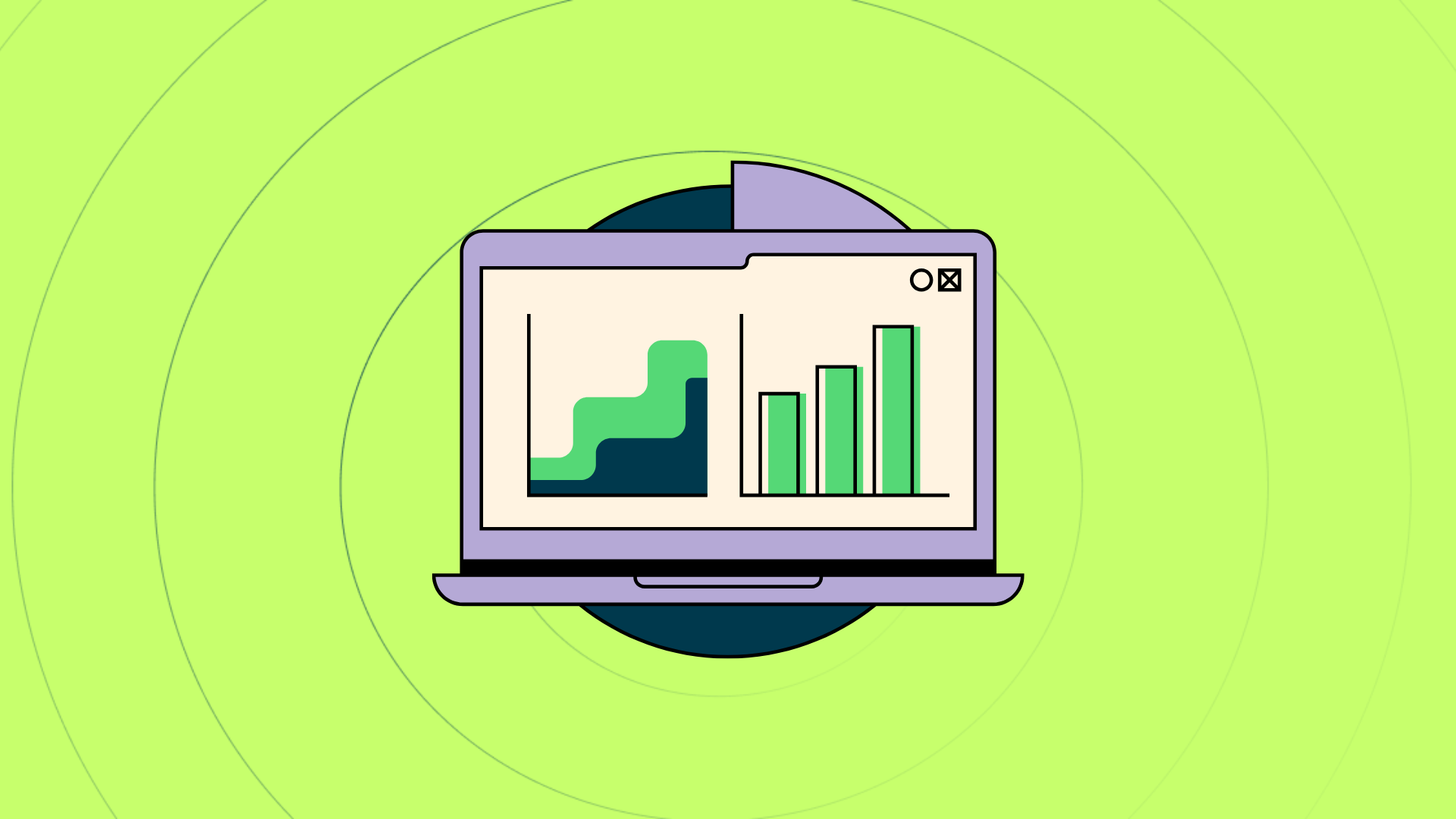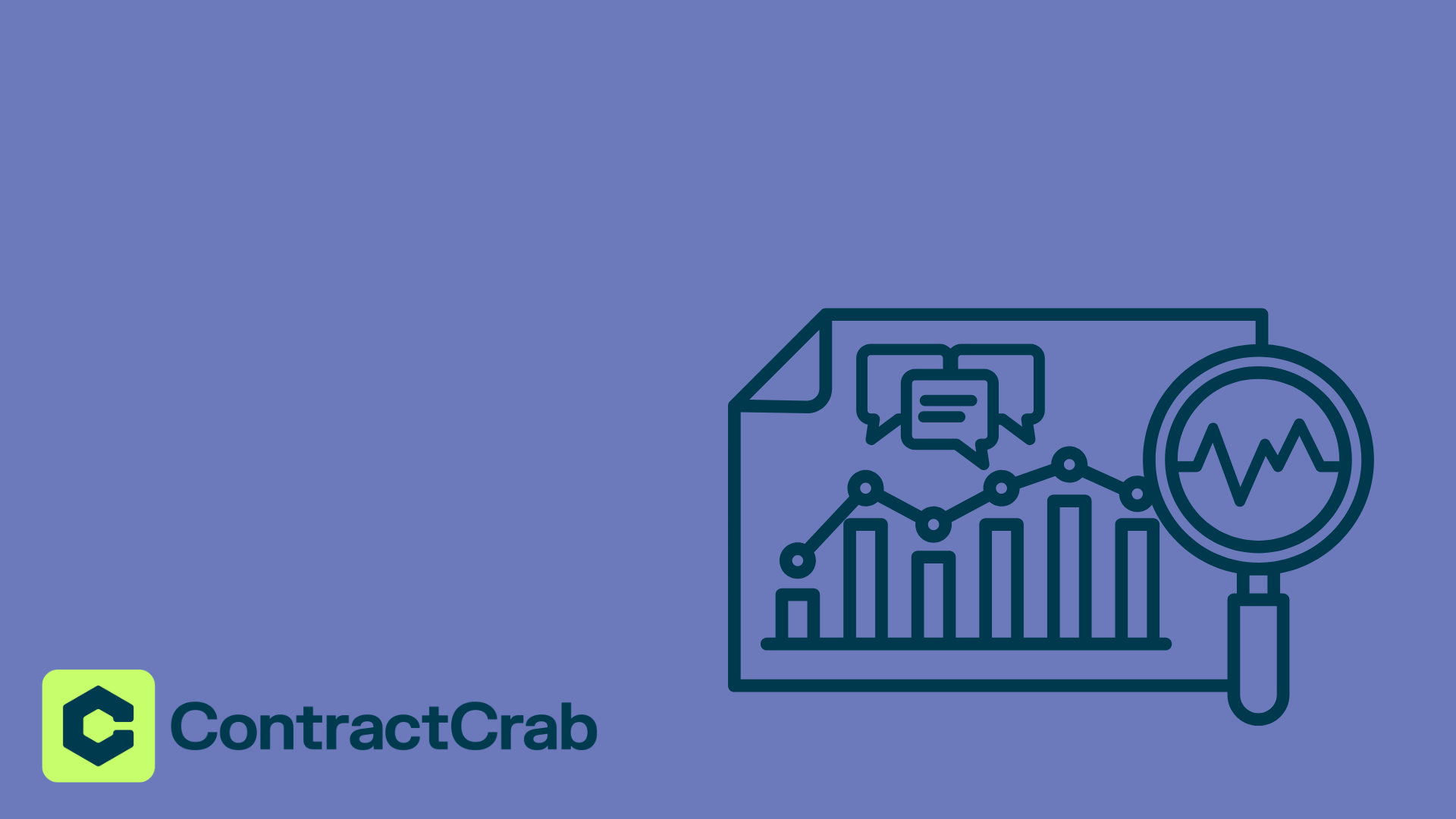
Contract Review for Doctors: Effective Negotiation Handbook
Explore contract review for doctors with this handbook, ensuring effective negotiations and smarter agreements.


With the advent of AI contract review tools, the amount of manual effort required to review contracts has drastically reduced. Lawyer-trained AI providers combine the speed of artificial intelligence with the expertise of legal professionals to enhance both quality and accuracy. These systems utilize vast amounts of legal data alongside expert feedback from seasoned lawyers to fine-tune their algorithms. AI contract review software is designed to review and analyze key provisions using AI and machine learning, automating the process to screen contracts for risks and errors more efficiently than manual methods. This enables the software to process large volumes of contracts much quicker than human reviewers, significantly improving speed and efficiency.
AI contract review tools have revolutionized the time it takes to finalize contracts. Businesses can now close deals up to ten times faster than traditional methods, enhancing overall efficiency within legal and commercial teams. Machine learning and AI technologies such as Document Intelligence can process hundreds or even thousands of documents in minutes, extracting key contract data like types, provisions, terms, payments, and dates. This greatly speeds up information retrieval, improving review times by over 50%.
AI contract review also contributes to lower operational costs. Manual review processes typically require multiple human experts, while AI software can achieve the same tasks more efficiently, allowing legal teams to focus on more strategic activities. Generative AI tools, which can automate tasks such as creating written content, graphic designs, and code snippets, enable businesses to save costs. These tools can accelerate up to 20% of worker tasks without compromising on quality, leading to time savings and reduced labor costs.
By leveraging free AI contract review solutions, businesses and legal professionals can unlock immense value, driving greater efficiency and reduced costs.

Exploring the feasibility of free AI contract review reveals some interesting insights. AI systems designed for contract review can significantly reduce labor and improve efficiency, potentially offering enough value that some solutions might be offered for free or at a minimal cost.
AI contract review software, such as ContractCrab, can handle large volumes of contracts efficiently. For instance, a typical Fortune 1000 company deals with at least 20,000 contracts at any given time. The automation of contract review not only speeds up the process but also enhances accuracy and reduces the manpower needed to manage contracts.
| Benefit | Description |
|---|---|
| Reduced Labor Costs | AI systems can automate repetitive manual tasks, decreasing the need for extensive human labor. |
| Time Efficiency | Automated contract review processes can analyze and review large volumes of contracts swiftly. |
| Error Detection | AI can identify errors and risks more accurately than manual reviews, mitigating the risk of contractual mistakes. |
Sources such as ITREX Group highlight that companies can achieve significant cost savings by automating tasks with AI. This raises the possibility of offering free AI solutions to attract customers who might later upgrade to paid plans with additional features.
While potential benefits are numerous, offering free AI contract review is challenging. The development and maintenance of these sophisticated AI systems require significant resources. Companies must consider data privacy, security concerns, and the need for continuous updates to the AI model to keep up with evolving legal standards.
AI systems are becoming indispensable for legal teams aiming to improve contract performance and mitigate risks. Some companies may offer basic versions of their AI contract review tools for free to gain market traction. However, premium features are likely to remain behind paywalls to sustain the development and operational costs of these advanced tools.

ChatGPT, a sophisticated AI developed by OpenAI, can assist in reviewing contracts by utilizing specific prompts. To leverage ChatGPT for contract review, users can input a thoughtfully crafted prompt to elicit detailed feedback on their contracts. This method is particularly resourceful for those who require a quick and efficient preliminary review of legally binding documents.
Using the following prompt can help ensure that ChatGPT provides a comprehensive review:
“Analyze the following contract and highlight any potential legal issues, unclear terms, and outdated clauses:
[Insert Contract Text Here]”
By providing the contract text, ChatGPT can:
Leveraging ChatGPT’s capabilities can be a cost-effective solution, especially for small businesses or individuals without access to extensive legal resources.
ContractCrab offers a free AI-powered contract review service designed explicitly for business and legal professionals. This AI solution is tailored to streamline the review process, making it easier to manage large volumes of contracts efficiently.
Key features of ContractCrab AI Contract Review:
Moreover, this software supports swift processing, enabling businesses to agree on contracts up to ten times faster than traditional methods. The affordability and efficiency of ContractCrab make it an ideal solution for professionals seeking to enhance their contract management practices without incurring additional costs.
By integrating these free AI contract review solutions into their workflows, business and legal professionals can transform how they handle contract review, ensuring greater accuracy, speed, and compliance in their operations.
Both ChatGPT and ContractCrab offer powerful, cost-effective solutions for AI contract review, providing invaluable support for professionals in managing their contractual obligations with greater ease and confidence.

The rise of free AI contract review solutions marks a significant advancement for legal professionals, contract managers, and business executives. By integrating AI into the contract review process, organizations can effectively identify contract risks, flag unclear or outdated terms, and ensure robust compliance. This not only mitigates potential issues but also accelerates the review process.
AI systems can be trained to recognize specific clauses, terms, or legal requirements. They scan documents to identify potential instances of non-compliance in half the time it would take a human reviewer. Platforms like LawGeek exemplify how generative AI can be leveraged to quickly pinpoint relevant clauses, potential risks, and discrepancies, streamlining the entire contract review process.
The benefits of generative AI extend beyond the legal field. In industries such as manufacturing, Siemens showcases how AI optimizes the design of complex components by generating design variations based on specified parameters. Businesses across various sectors can achieve significant cost savings by automating tasks like content creation, graphic design, and coding. AI tools have the potential to accelerate up to 20% of worker tasks without compromising on quality, thus reducing labor costs and providing valuable time savings.
In summary, the adoption of free AI contract review solutions brings immense value by enhancing accuracy, efficiency, and compliance in contract management. This technological progression not only elevates productivity but also allows professionals to focus on high-value tasks that require human expertise. As AI continues to evolve, its role in revolutionizing contract review will undoubtedly grow, offering new opportunities for businesses to excel in their legal and operational workflows.

Senior Content Manager

Explore contract review for doctors with this handbook, ensuring effective negotiations and smarter agreements.

Unlock expert tips for effective contract review, ensuring clarity and minimizing risks for legal professionals.

Master the legal review of contract with AI tools, enhancing efficiency and minimizing errors in your practice.
Contract Crab is an automated tool designed to extract key points and generate summaries from contracts and legal documents. While we strive for accuracy, the extracted information may not always be complete or error-free. Users should review and verify the extracted content for accuracy and completeness before relying on it.
Contract Crab does not provide legal advice or replace the need for professional legal consultation. The information extracted and provided by the service is for informational purposes only.
Users should consult with qualified legal professionals for specific legal guidance.
Users are responsible for the use of Contract Crab and any decisions made based on the extracted information.
Contract Crab and its creators are not liable for any consequences or damages resulting from the use of the service.
Contract Crab may process and store user data as necessary to provide its services. We are committed to protecting user data, but users should be aware of the privacy risks associated with uploading sensitive documents.
Contract Crab is an automated tool designed to extract key points and generate summaries from contracts and legal documents. While we strive for accuracy, the extracted information may not always be complete or error-free. Users should review and verify the extracted content for accuracy and completeness before relying on it.
Contract Crab does not provide legal advice or replace the need for professional legal consultation. The information extracted and provided by the service is for informational purposes only.
Users should consult with qualified legal professionals for specific legal guidance.
Users are responsible for the use of Contract Crab and any decisions made based on the extracted information.
Contract Crab and its creators are not liable for any consequences or damages resulting from the use of the service.
Contract Crab may process and store user data as necessary to provide its services. We are committed to protecting user data, but users should be aware of the privacy risks associated with uploading sensitive documents.